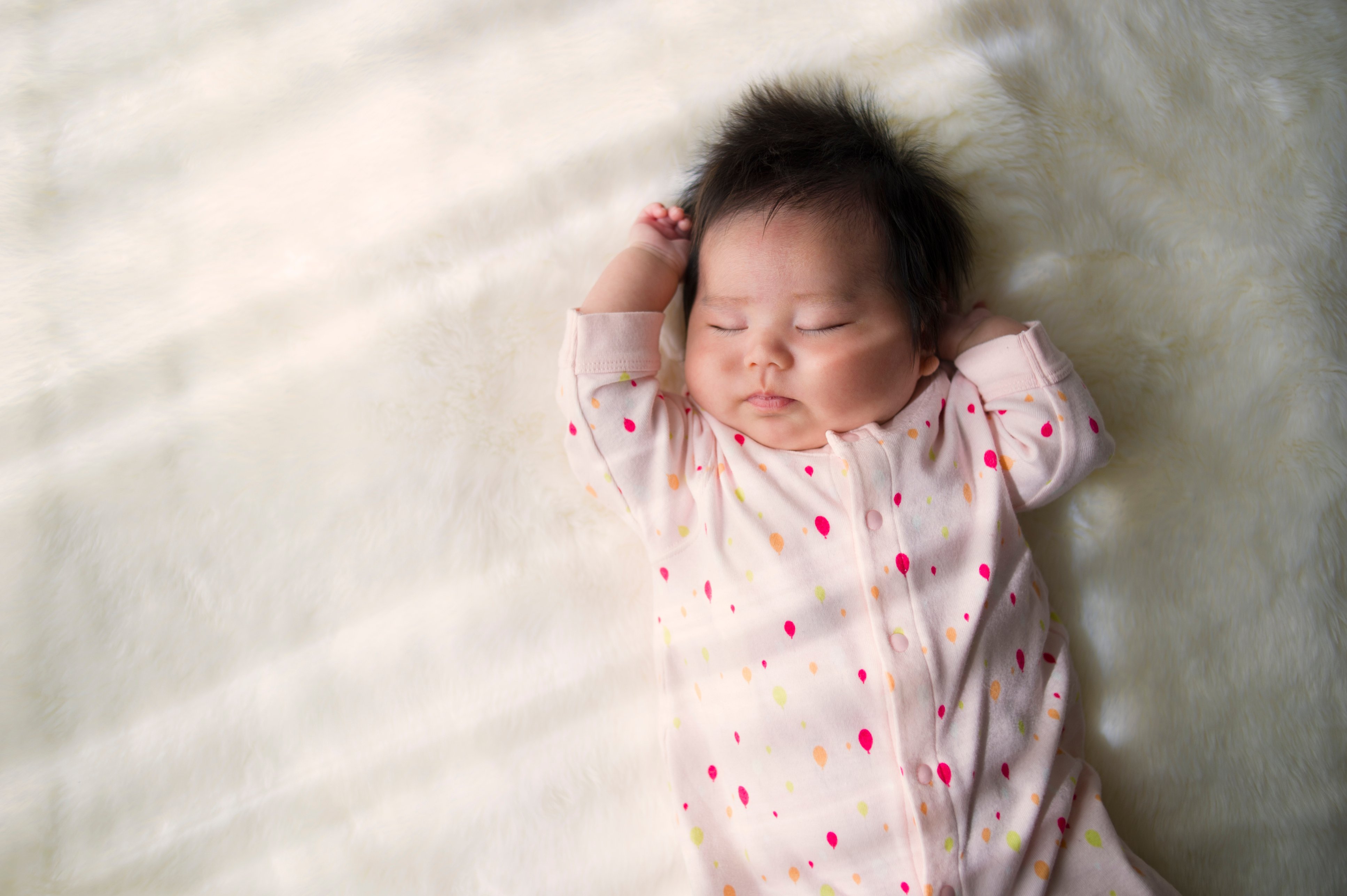Your newborn baby is not nearly as fragile as you might think. However, you should still handle your baby gently to keep them safe and help them to feel secure.
There are many other things you can do to keep your newborn baby safe:
- When you hold your newborn baby, make sure to support their head. Although they are stronger than you might think, their neck muscles will remain weak for the first few months of life.
- Buy a car seat that meets national safety standards, whether it is new or used. Make sure it is properly installed according to the manufacturer’s instructions before your baby is discharged from hospital. Your newborn baby may not like being strapped into the car seat at first, but soon they will become accustomed to it. Read more about car seat safety in Car seat safety for infants and children.
- Make sure all your newborn baby’s other equipment, including cribs, strollers, carriers, bassinets, change tables, playpens, and toys, meet national safety standards. Second-hand equipment also needs to meet these safety standards. Learn more by reading Baby equipment safety.
- Never shake your newborn baby. Sometimes your baby’s crying may push you to the limit, and you may feel like shaking your baby out of frustration. However, shaking your baby can cause brain damage. If you feel that you cannot console your baby or are frustrated, place the baby somewhere safe such as their crib, and take a break to relax or get help immediately from a friend or relative.
- Avoid heating your newborn baby’s bottle in the microwave. You may think that the bottle is warm to touch, but the formula or breastmilk inside could be much hotter than expected. It is better to place the bottle in a container of warm water. Always shake the bottle well and check the temperature before giving it to your baby.
- Prevent falls by keeping one hand on your baby at all times if they are on your bed, a change table, or another place where they could fall. During diaper changes, keep diapers and clothing within easy reach.
- Never leave your baby alone, or in the care of a child, when they are in the bathtub. A baby can drown in just 5 cm (2 inches) of water! Use a small baby bathtub to bathe your baby, to lessen the chances of them sliding under the surface of the water. Make sure the bathwater is lukewarm, not hot. Read more about safely bathing your newborn in Bath time for newborn babies.
- If your baby falls asleep in their car seat, infant swing, or carrier gently move them to their crib or bassinet and place them on their back. Car seats and other carriers are not designed for safe sleep.
- Do not put your baby in clothing that has strings, loose buttons or threads, as these can be choking or suffocation hazards.
- Do not leave your baby alone with a pet.
- Keep emergency phone numbers on hand, just in case.
- Consider taking a class in infant CPR, so you will know what to do in case of an emergency.
Reducing the risk of sudden unexpected infant death
You can reduce the risk of sudden unexpected infant death (SUID) by placing your newborn baby on their back to sleep. Putting them to sleep on their tummy, which is called the prone position, can increase the risk of unexpected death. Other ways to reduce the risk include ensuring that the crib mattress is firm and that there are no pillows or puffy blankets that could interfere with your baby's breathing. The safest place for your baby to sleep is in a nationally certified crib or bassinet in your room. Sharing a bed with your baby can increase their risk of SUID.
For more information, see Sudden unexpected infant death.

